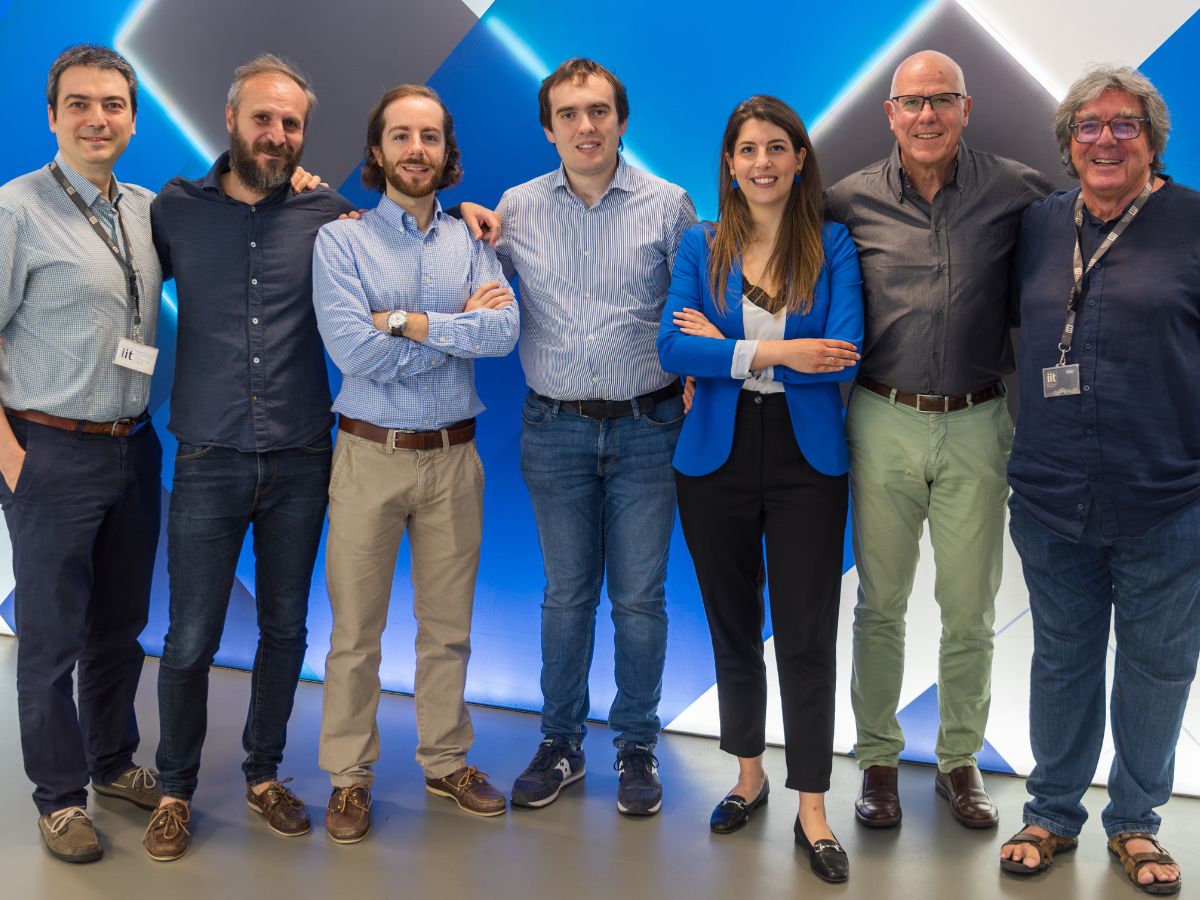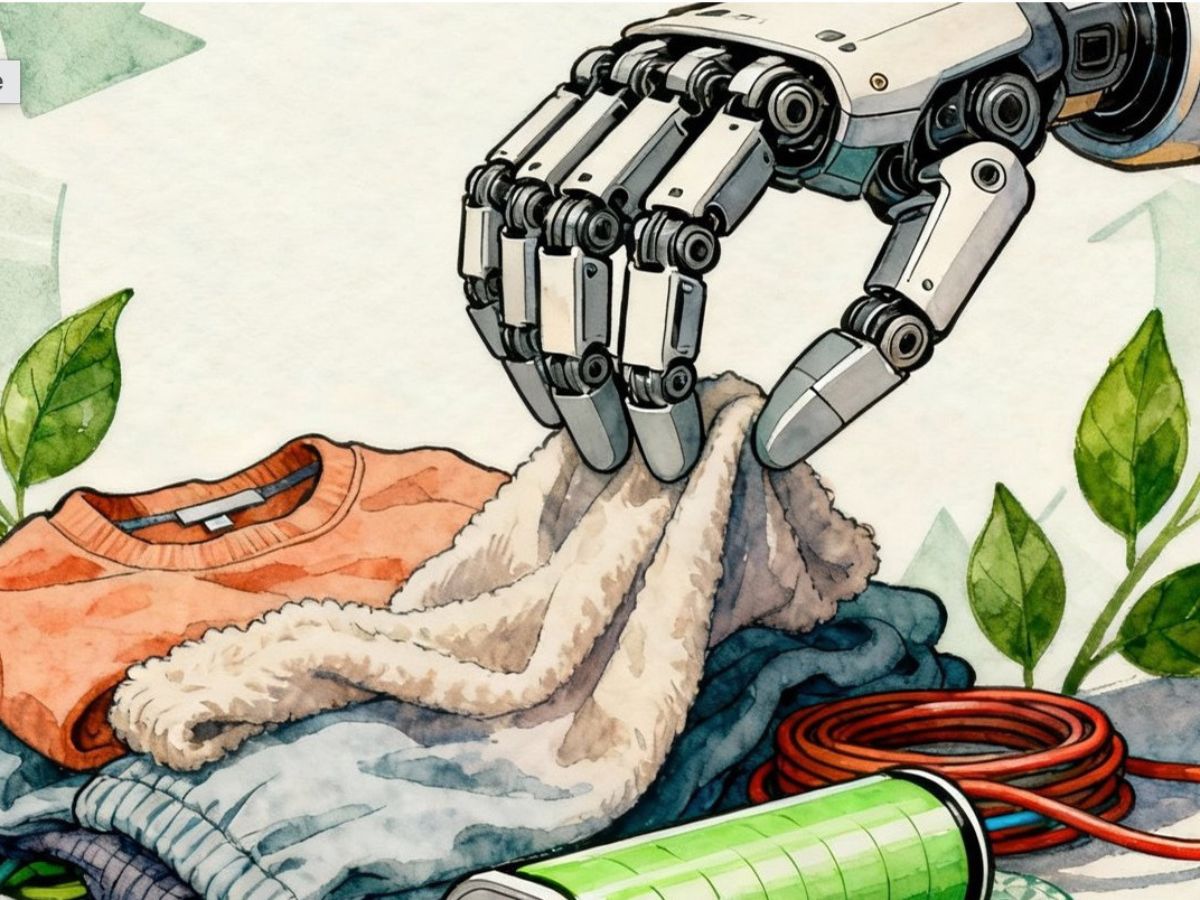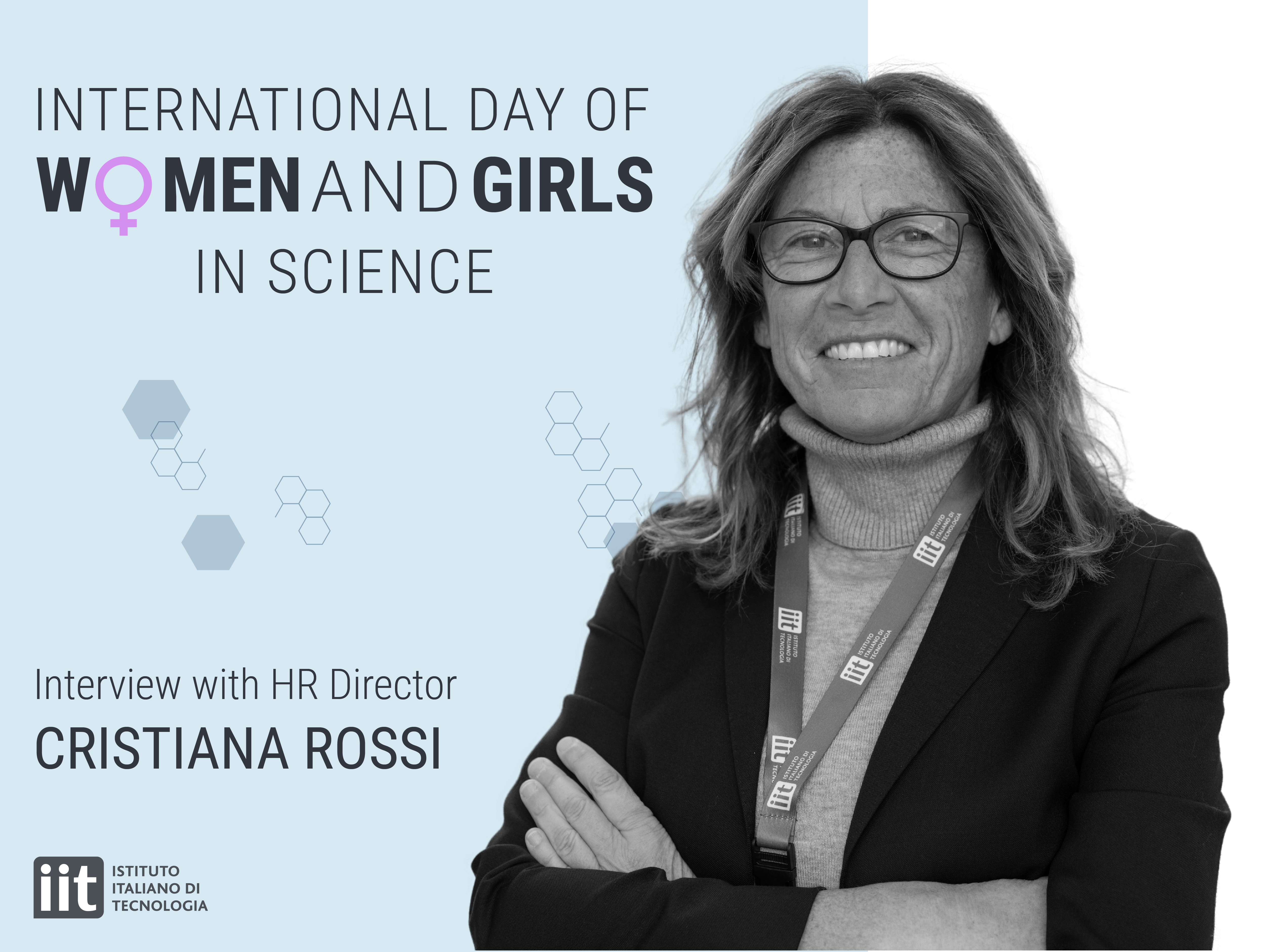Genoa Instruments is the only Italian company producing next-generation optical microscopes. Thanks to the new investment, GI will accelerate the global distribution of PRISM, its super-resolution optical microscope
Genoa Instruments, the deep-tech startup in super-resolution optical microscopy and a spin-off from the Istituto Italiano di Tecnologia (IIT-Italian Institute of Technology), has successfully closed a €1 million investment round led by Deep Ocean Capital SGR SpA through Deep Blue Ventures (DBV)*, the Deep Tech Venture Capital fund established to support startups, spin-offs, and innovation initiatives in aerospace, healthcare, and sustainability, with a focus on Key Enabling Technologies.
The €1 million funding was completed thanks to an €800,000 investment by DBV, supplemented by €200,000 from a network of Italian local entrepreneurs and investors.
The entry of Deep Blue Ventures further strengthens the company’s growth strategy, aiming to expand its market presence and bring its technology to the world’s leading research centers, establishing itself as a significant international player.
Founded by a team of researchers from IIT with over 20 years of experience in imaging technologies, Genoa Instruments has revolutionized optical microscopy with its flagship product, PRISM – Photon-Resolved Image Scanning Microscope. This groundbreaking optical microscope uniquely integrates spatial and temporal super-resolution for structural and functional imaging of living samples with unprecedented detail. PRISM’s plug-and-play design ensures seamless integration with existing microscopy systems, significantly reducing costs and complexity. Genoa Instruments aims to democratize access to super-resolution microscopy, enabling research groups and healthcare operators of all sizes and budgets to access tools that drive revolutionary scientific discoveries.
The funding will allow the startup to acquire new resources in the sales area to expand its existing customer pipeline, accelerate the development of new PRISM product versions, and finalize the creation of patents to consolidate its competitive advantage in the advanced optical microscopy market in clinical, pharmacological, and preventive medicine fields.
Today, the startup is based at “H4E,” the Hub for Entrepreneurship, a technology incubator of the Italian Institute of Technology, an environment dedicated to technology transfer and the creation of innovative businesses, where research and entrepreneurship converge to generate cutting-edge solutions.
“We are thrilled to support Genoa Instruments in its growth journey. Its cutting-edge technology in super-resolution microscopy represents a radical change in the field of biomedical and healthcare research, as well as a source of pride for Italy, which is finally reclaiming a technological excellence recognized since the time of Galileo Galilei, one of the inventors of microscopy. Although Italy was the birthplace of Galilean scientific discoveries, over time, our country lost the ability to create its own unique product in this field. With Genoa Instruments, we have the opportunity to return to the forefront of the European industrial scene in a strategic sector for scientific research and the global pharmaceutical industry,” said Emilia Garito, Chairman and Co-Founder of Deep Ocean Capital SGR SpA.
“Additionally, Genoa Instruments has already proven to be a recognized player with major international collaborators, including Nikon, Leica, and Zeiss. Its vision perfectly aligns with our mission to identify and support micro-enterprises with the potential to create competitive innovation in deep-tech sectors of strategic importance for strengthening the Italian technology industry and its production chain,” concluded Emilia Garito, Chairman and Co-Founder of Deep Ocean Capital SGR SpA.
“With the support of Deep Ocean Capital and the new investors, we are ready to attract key talent, enhance our R&D capabilities, and accelerate the launch of our products, making our solutions accessible to a broader range of researchers and professionals worldwide. We are excited about the opportunities ahead and determined to transform the super-resolution imaging market,” said Simonluca Piazza, CEO and Founder of Genoa Instruments.
“The imaging technology developed by Genoa Instruments is revolutionary, as demonstrated by the growing attention to our imaging techniques at major international industry conferences. By democratizing access to super-resolution microscopy, we enable researchers at every level and budget to equip themselves with the best imaging technology available, thus fostering potentially groundbreaking scientific discoveries,” stated Marco Castello, CTO and Founder of Genoa Instruments.
“Startups born within the Italian Institute of Technology represent a bridge between advanced research and industry, transforming frontier ideas into tangible solutions for the future. Genoa Instruments is an example of how innovation developed in our laboratories can evolve into a company with a global impact. This operation marks a crucial step in accelerating the dissemination of technology developed by the startup and strengthening Italy’s position in the advanced microscopy sector,” said Giorgio Metta, Scientific Director of the Italian Institute of Technology.
For Deep Blue Ventures, Genoa Instruments represents the seventh investment in its first 18 months of activity. The fund, established to support startups, spin-offs, and more broadly, innovation initiatives in aerospace, healthcare, and sustainability sectors, plans to close six additional deals by the end of 2025. Deep Blue Ventures debuted in May 2023. Among the investors: European Investment Fund (EIF), part of the European Investment Bank Group, and by CDP Venture Capital SGR through its Technology Transfer Fund as Corner Investor, alongside private investors such as ReItaly21, Blue Ocean Finance, Gaiae International Srl, MCF Holding Srl. Among DBV’s partners are major industrial players in aerospace and defense such as Leonardo, the European Space Agency (ESA), I3P (the incubator of innovative enterprises at Politecnico di Torino), the Italian National Research Council (CNR), and the Italian Institute of Technology (IIT).
***
About Genoa Instruments
Born from the Italian Institute of Technology, the startup was founded in 2019 by Simonluca Piazza (CEO, born 1989), Marco Castello (CTO, born 1987), Alberto Diaspro (Advisor, born 1959), Paolo Bianchini (Advisor, born 1978), and Giuseppe Vicidomini (Advisor, born 1978). Headquartered in Genoa, the company is registered in the Italian Innovative SME registry. It has institutional investors such as G-Factor by Fondazione Golinelli (Bologna) and Bocconi for Innovation (B4I) from Bocconi University (Milan). In 2024, Genoa Instruments tripled its revenue compared to the previous year, acquiring key clients across Italy and Europe, and secured €750,000 in industrial research funding from Filse S.p.A. (Ligurian Financial Company for Economic Development), Start 4.0 (Competence Center for Industry 4.0), and PhotonHub Europe (Pan-European Consortium for Innovation in Photonics). The company has also received prestigious awards, including the Genova Ban Liguria Award by BPER Banca, the SmartCup Liguria Award in the Industrial category, and the “Showcase Italian Innovation” Award from Harvard Business School and the Italian Embassy in Washington. These awards confirm the team’s commitment to excellence and Italian innovation.
About Deep Blue Ventures
Deep Blue Ventures is the deep-tech venture capital fund of Deep Ocean Capital SGR SpA. It supports startups, spin-offs, and innovation initiatives in aerospace, healthcare, and sustainability, with a focus on AI technologies. DBV’s investment model integrates financial and industrial components, fostering sustainable growth in deep-tech businesses by combining venture capital with a robust ecosystem of accelerators, incubators, and venture studios.
DBV adopts an investment approach where all stakeholders are involved from the earliest development phases to stimulate the value creation process, up to the exit. Logically, the fund operates within a Deep Tech Factory Model, consisting of two main components: a deep tech venture capital fund, Deep Blue Ventures, representing the financial element, and a deep tech startup factory, an ecosystem of venture builders, accelerators, incubators, and venture studios that constitutes the industrial component external to the fund’s structure and not directly owned by it. However, the DBV team has established professional relationships with this ecosystem through decades of entrepreneurial and consulting experience. The Board of Directors of Deep Ocean Capital SGR SpA, the asset management company overseeing the DBV fund, includes Emilia Garito as Chairperson, Domenico Nesci as CEO, and members Paolo Cellini, Marco Simoni, and Alessandro Commito.
About the Istituto Italiano di Tecnologia (IIT)
The Istituto Italiano di Tecnologia (Italian Institute of Technology) is a state-funded research center based in Italy pursuing parallel missions in basic research and technology transfer to drive the country’s economic growth. Its goal is to identify the most promising results and encourage their transformation into tangible products for market entry, thereby having a direct impact on our lives. This is also facilitated through its new Industrial Liaison Program initiative. IIT’s research spans four domains, enabling the development of innovative solutions ranging from robotics to neuroscience, and the creation of new smart materials. Its tangible impact on the territory is achieved through various means: established startups, patents, collaborations with small and medium-sized enterprises, and major hospitals, as well as the promotion of joint laboratories where multiple entities work alongside researchers, bringing end-users of the technologies directly into the development and study phases of new solutions. IIT has established 37 startups, developed over 50 startup projects, registered more than 1,300 active patents, and signed over 900 commercial collaboration agreements sofar. The patents are distributed across research areas as follows: 8% in computational sciences, 25% in life sciences technologies, 41% in nanomaterials, and 26% in robotics.






